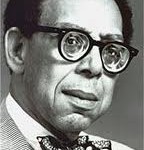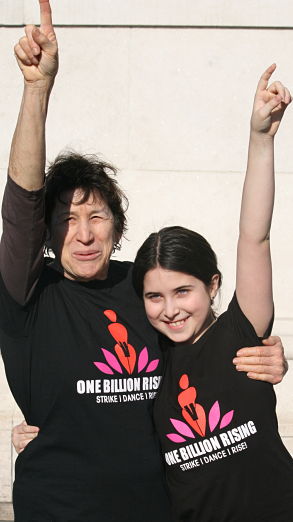 One of the pleasures of a small museum, like the Rubin Museum in New York, is that you can wander through the entire museum in an hour or so and spend time on everything. It’s contained and focused. It doesn’t overwhelm. You can settle into the art without wondering where you need to go next.
One of the pleasures of a small museum, like the Rubin Museum in New York, is that you can wander through the entire museum in an hour or so and spend time on everything. It’s contained and focused. It doesn’t overwhelm. You can settle into the art without wondering where you need to go next.
 Last week I went to see an intriguing exhibit of Lisa Ross photos of Muslim shrines called mazars in a huge Western desert region of China, the Xinjiang Uyghur Autonomous Region. I love the sense of vast places and minimal resources, and the significance that sense lends to the work of constructing even a fence post, a stick, a scrap of cloth. Continue reading “Museums: small, large, and outdoors”
Last week I went to see an intriguing exhibit of Lisa Ross photos of Muslim shrines called mazars in a huge Western desert region of China, the Xinjiang Uyghur Autonomous Region. I love the sense of vast places and minimal resources, and the significance that sense lends to the work of constructing even a fence post, a stick, a scrap of cloth. Continue reading “Museums: small, large, and outdoors”





